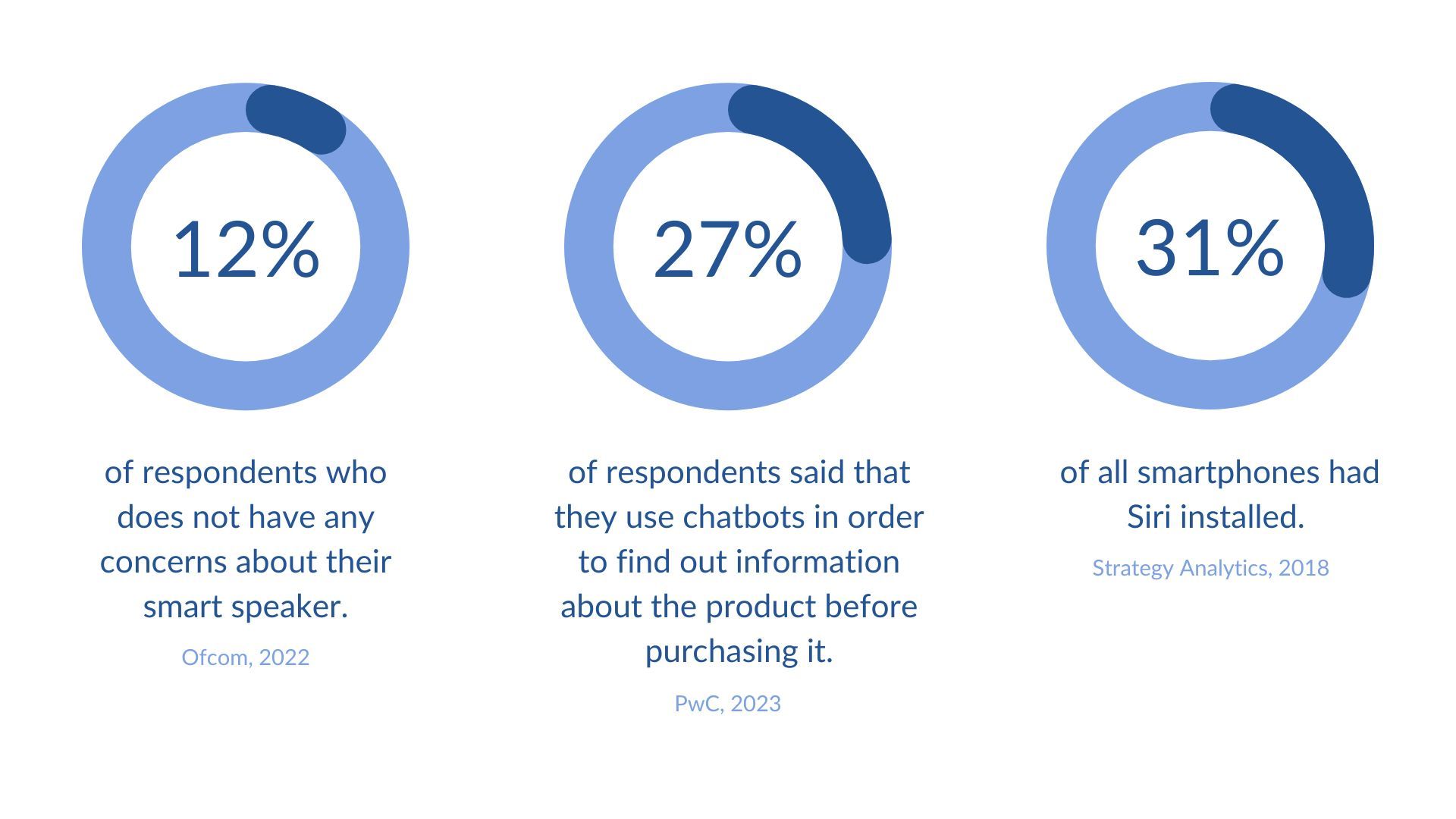Powered by Data - October 23, 2023
Keep up-to-date on conversational AI & chatbots with fascinating data points and weekly news.

Data Points

Last Week in Conversational AI
- Midjourney, an AI art platform, now offers an upscaling feature that allows users to create high-resolution AI-generated art. Previously, Midjourney's image output was limited to a resolution of 1,024 x 1,024 pixels, which was suitable only for web images but not for larger prints. With the new upscaling option, users can increase the resolution by 2x or 4x, enabling image sizes of up to 4,096 x 4,096 pixels. This high resolution allows users to print AI-generated art at A3 size without losing quality. However, upscaling to higher resolutions takes more processing time, and users will be charged accordingly. The AI art industry is currently experiencing a competitive race, with companies striving to offer higher-quality, higher-resolution AI-generated art. For instance, Adobe has recently launched Firefly 2 with a resolution of 2,048 x 2,048 pixels, and OpenAI has introduced DALL·E 3 with a default resolution of 1,729 x 1,024 pixels.
Read More - Luzia, a Spain-based startup, has secured $10 million in Series A funding to expand its WhatsApp-based AI chatbot. The company was founded in 2023 and aims to introduce AI chatbot technology to Spanish and Portuguese-speaking markets. Users can save Luzia as a contact on their phones and chat with the bot on WhatsApp or Telegram. While it started as a Spanish and Portuguese-speaking bot, it is expanding in the U.S. and adding English capabilities. The startup has already engaged more than 17 million users, with 8 million active monthly. It uses AI models, including GPT 3.5/4, Llama, and Kandinsky, to interact with users and perform tasks such as generating text, answering questions, and transcribing audio files. Luzia is offered for free, with potential monetization plans in the future. The funding will be used for growth and enhancing user value.
Read More - New York City is taking the lead in AI regulation, as the US federal government has struggled to pass comprehensive AI legislation. The city introduced an AI Action Plan comprising roughly 40 policy initiatives to protect residents against AI-related harm and discrimination. City Council member Jennifer Gutiérrez has also proposed legislation establishing an Office of Algorithmic Data Integrity to oversee the city's AI. The proposed office would serve as an ombudsman for algorithms, enabling citizens to lodge complaints about automated decision-making systems used by public agencies and assess AI systems for bias and discrimination. While several US senators have suggested creating a federal agency for AI regulation, New York City is taking the initiative to address AI-related issues locally, as waiting for federal action is seen as unproductive.
Read More
